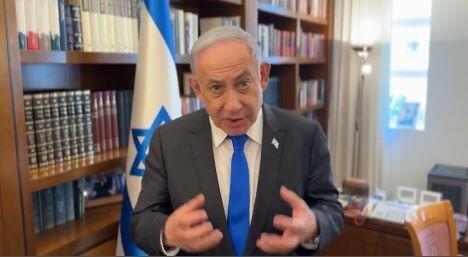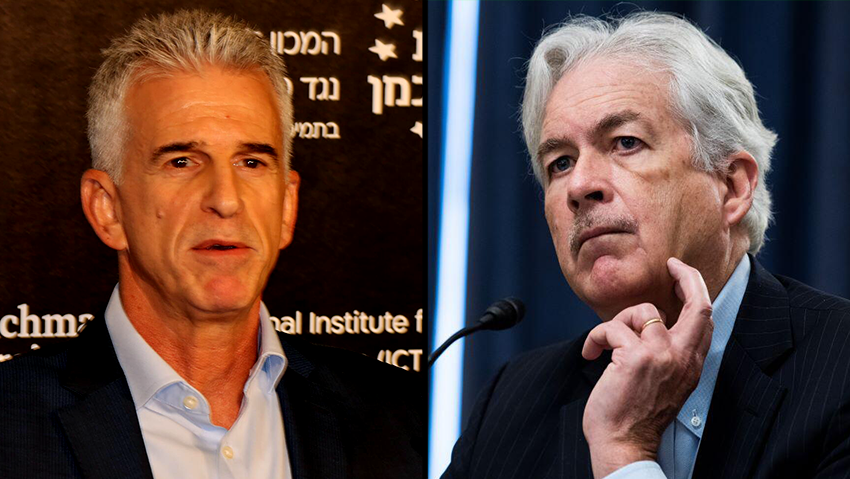Getting your Trinity Audio player ready...
Against the backdrop of heightened tensions in the north following Hezbollah's brutal rocket attack on Majdal Shams that left 12 children dead, a hostage release and cease-fire summit in Rome kicked off on Sunday morning as scheduled. This high-stakes meeting aims to push forward negotiations for a deal between Israel and Hamas, focusing on the release of hostages who have been held in Gaza for 296 days, and to forge a cease-fire in the beleaguered coastal strip.
Mossad Chief Dadi Barnea, Israel’s representative to the talks, is engaging in intense discussions with key figures: Qatari Prime Minister Mohammed Al Thani, Egyptian Intelligence Chief Abbas Kamel and CIA Director Bill Burns. Notably absent from the summit are Shin Bet Chief Ronen Bar and the IDF's Coordinator for Prisoners and Missing Persons, Nitzan Alon.
The primary goal of this summit is to lay down a mutually agreed framework for the hostage deal. However, the air is thick with pessimism from members of the Israeli negotiating team. This follows Israel's submission of its latest response to the framework on Saturday, which includes Prime Minister Benjamin Netanyahu's firm demands to prevent Hamas terrorists from returning to the northern Gaza Strip and to maintain an Israeli presence in the Philadelphi Corridor, demands that are a clear "no-go" for the terrorist organization.
2 View gallery


Prime Minister Benjamin Netanyahu's demands could be a no-go for Hamas
(Photo: Screenshot)
Sources within the Israeli negotiating team reveal that the mediators might not even relay Saturday's response to Hamas, which harks back to the framework proposed on May 27. Currently, the talks are mired in crisis, with indications that the prime minister is siding with those who oppose any compromise on the Philadelphi Corridor and Netzarim Corridor.
Security officials contend Netanyahu has introduced "poison pills" to the negotiations, elements that will halt the negotiations. According to Netanyahu, his insistence on the Philadelphi and Netzarim corridors is driven by a desire to prevent terrorists from re-entering the northern Gaza Strip and to curb smuggling from Egypt.



